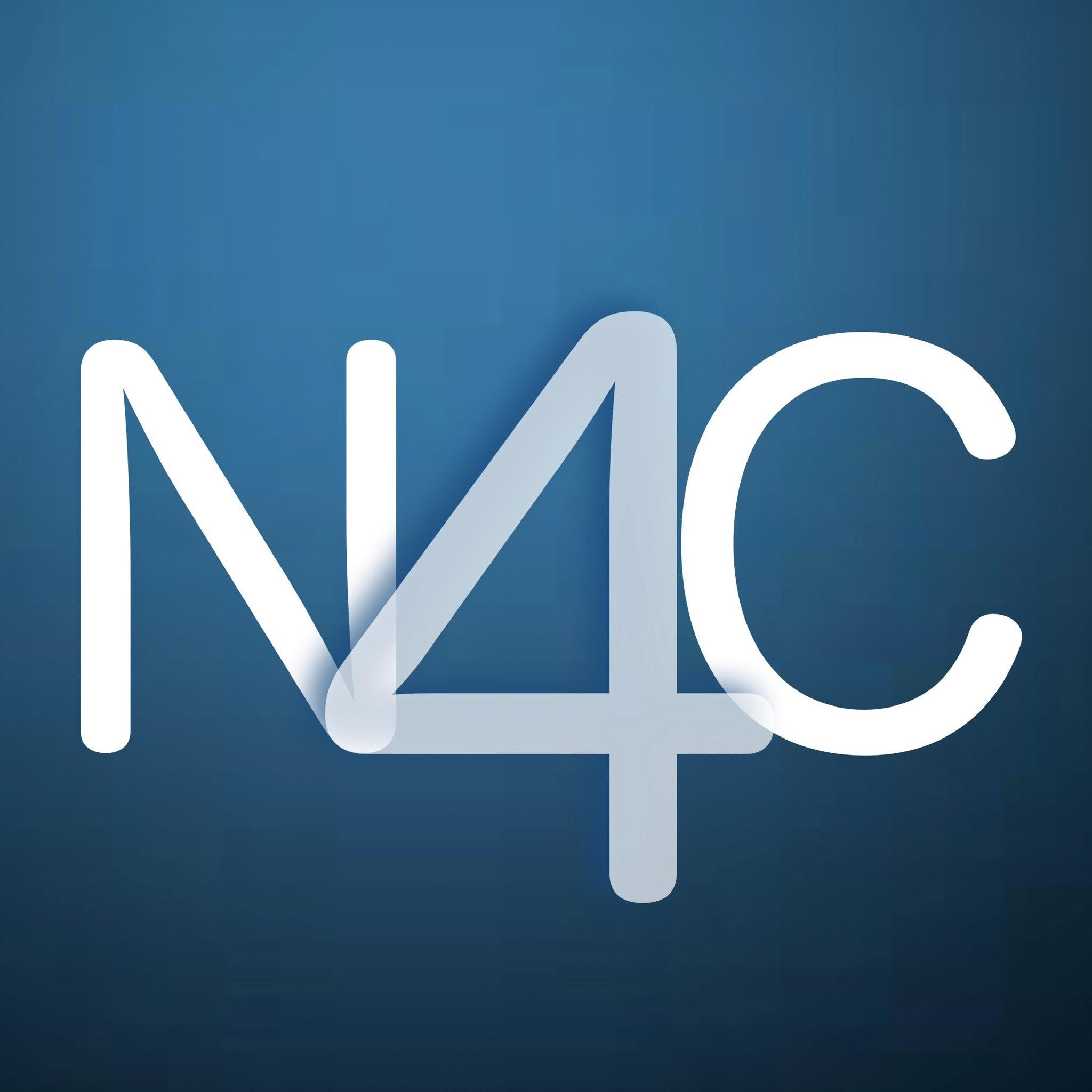We were really privileged to travel through Wiradjuri Country on our travels west. They are the largest Aboriginal group in NSW by land and population. It is the land of the three rivers, we now call the Macquarie, the Lachlan and the Murrumbidgee. If you live in Australia, you now know this is the Country of Stan Grant. For my friends overseas, Stan is an internationally recognised Australian journalist, writer, tv and radio presenter. A few days ago, in a powerful essay he announced that he was stepping away from his role of hosting Q&A—similar to Question Time on the BBC—because of intense racial abuse hurled at him and his family by online trolls. His parting speech last night, where he said “we will wear you down with love” brought tears to my eyes.
But I also felt angry.
The Wiradjuri are still practicing their culture around our home state today. They have a deep spiritual connection with the rivers. We were privileged to find camping spots along both the Lachlan and the Murrumbidgee, where we felt refreshed and rejuvenated. In Cowra, we found some beautiful artwork that hinted of the rich culture that we still have so much to learn about. The waterholes were their gathering places and sustained all of their needs. It was not just a place where they hunted for their dinner, or found water but a spiritual and social place that sustained them in ways that people with no connection to the land would never understand.
With the invasion of the Europeans, the traditional way of life of the Wiradjuri was devastated.
They were dispossessed and cut off from their hunting grounds and sacred sites by the erection of fences and land claims. They were forced to sit in classrooms and learn the history, embrace a religion and wear clothes imported here from a foreign land they had no connection with. They had no option but to work on cattle stations for no pay and rations of food that made them unwell. There were violent confrontations that are now referred to as the 'Wiradjuri Wars’ or the ‘Bathurst Wars’ where many indigenous people lost their lives.
But we know little of this history, by design, but also by choice.
As we travelled through Wiradjuri country we also learnt that this was the birthplace of some of our famous poets like Banjo Patterson and Henry Lawson. We visited Lawson’s grave, read some of his poetry and learnt all about the history of his life, his deafness and his difficult childhood. In stark contrast, we reflected on the absence of monuments to mark the wars that were fought on this soil. No statues to honour the dead. No plaques with heroic stories.
If you watched the ABC documentary, ‘Australian Wars’, you may have an inkling of what happened after invasion. Perhaps then, you might be a little more understanding of why the day we have chosen to celebrated our nationhood is so painful to so many. You may begin to understand Stan Grant’s views on the legacy of the monarchy. In his words, “police wearing the seal of the crown took children from their families. Under the crown, people were massacred.”
It is insane that Indigenous people, people of minority faiths and marginalised communities like those who identify as transgender, face so much vilification and abuse today, in a country that claims to be embracing of all cultures. It is hurtful there isn’t more of an outcry, when indigenous people are incarcerated for very petty crimes at a very young age.
I will end my piece with Stan’s words. “Truths. Hard Truths. Truths not told with hate—truths offered with love. Yes, love. I repeatedly said that these truths are spoken with love for the Australia we have never been.”
Thank you for reading.
